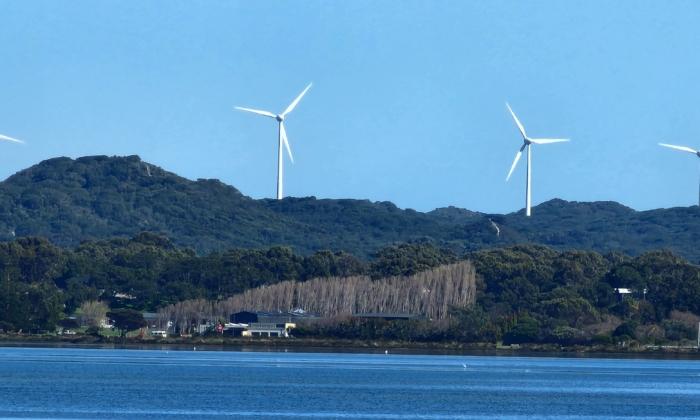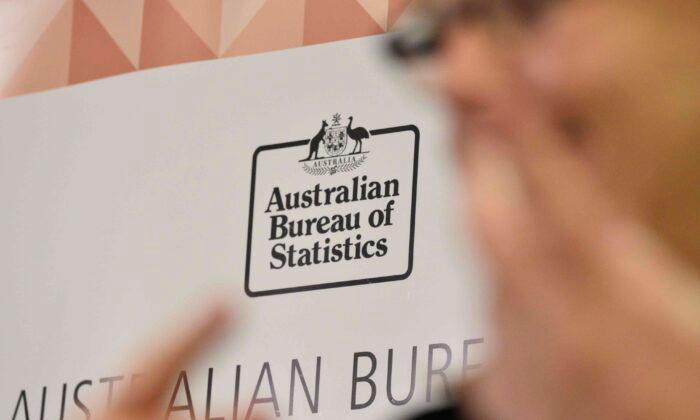The New South Wales Bar Association has opposed a proposal by the federal government to protect corporations from private citizens’ greenwashing lawsuits, claiming it would give corporations an “unwarranted zone of immunity.”
However, industry groups such as the Australian Chamber of Commerce and Industry (ACCI), have warned that not having the protections could see companies bogged down in lawsuits based on inaccurate climate reporting—potentially slowing down future investment as well.
Under the federal Treasury Department’s proposal, private citizens would be prohibited from suing corporations for misleading or deceptive greenwashing claims for three years.
The department says companies were overly cautious in their climate disclosures if there was a risk of being sued, hence the need for the moratorium.
Normally, the Australian Securities and Investments Commission (ASIC), the Australian Competition and Consumer Commission, and private litigants can file a claim against a business for misleading greenwashing.
Greenwashing is where an entity misrepresents its climate change policies or commitments as a way to appear more environmentally friendly, sustainable, or ethical.
The government will also outline new disclosure requirements around climate change commitments from companies in relation to governance, strategy, and risk management. The mandatory reporting requirements for businesses will commence in July 2024.
The NSW Bar Association argues that the proposed three-year moratorium, or freeze in litigation by private citizens, will not only undermine Australia’s ability to achieve its 2030 emissions target but also restrict access to justice for people who believe they have been misled by a company’s climate claims.
Concerns Around Calculating ‘Upstream and Downstream’ Emissions
Meanwhile, the Treasury Department acknowledged that significant data availability issues were a problem for accurate climate reporting, including forward-looking statements and emissions reports.For instance, there are three emission scopes categorised by the government: scope one covers direct emissions from assets owned by the company; scope two covers indirect emissions from the energy consumed by the company; and scope three includes emissions that occur either upstream or downstream in the company and is usually used in the wider community.
Scope three emissions are a concern as the emissions are generated outside the company’s control, for example, gas produced by an energy company that is then burned by a customer.
The bar president said the new moratorium would also protect companies already carrying out climate disclosures.
Ms. Bashir pointed to a current case in the Federal Court of Australia, where a private litigant, in this case, the Australasian Centre for Corporate Responsibility, alleged that oil and gas giant Santos Ltd. breached both the Corporations Act 2001 (Cth) and the Australian Consumer Law by engaging in misleading or deceptive conduct around representations related to its “clean energy” claims to achieve net zero by 2040.
Ms. Bashir argued that under the government’s reporting requirements, companies like Santos would be exposed to liability from 2021 to 2024, and from 2027 onwards, but would be protected for a three-year period in the interim.
“The moratorium would, in that sense, operate arbitrarily for entities who are already making voluntary disclosures. This would be to the detriment of consumers,” she argued.
Penalties Need to be ‘Proportionate’: Business Groups
In a submission (pdf), the ACCI said that penalties needed to be “proportionate,” particularly for businesses that have been compliant with regulations so far.AMEC reasoned that accurate, standardised, and reliable methods to calculate scope three emissions do not yet exist.
Additional Reporting Requirements
There are five climate-related categories that companies would be required to report on when the mandatory reporting kicks in.These categories are: governance, materiality, strategy, risk management, metric, and targets.
For governance, businesses would be required to detail how the company’s governance bodies will oversee and monitor climate-related risks and opportunities, including how they will be incorporated into company policies and procedures.
While for metrics and targets, businesses will need to disclose greenhouse gas emissions data, such as scopes one, two, and three emissions.
Additionally, the federal government has proposed a timeline for three tiers of businesses to begin their climate reporting.
For example, group one businesses, which have more than $1 billion in assets and more than 500 employees, will need to make their climate disclosures from 2024-2025.
Group two, which has more than $500 million in assets and more than 250 employees, will need to report from 2026-2027.
While group three businesses, which have more than $25 million in assets and more than 100 employees, will need to report their climate disclosures from 2027-2028.







